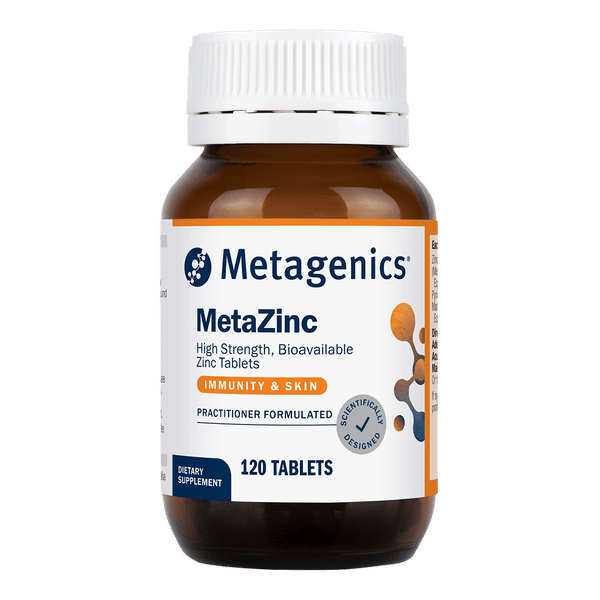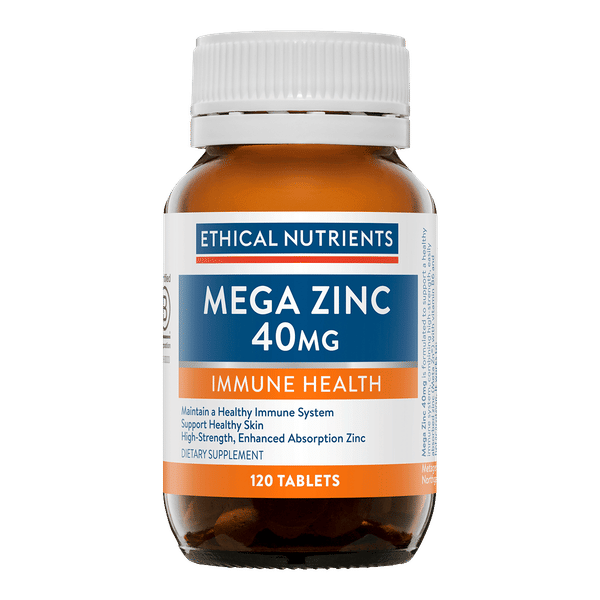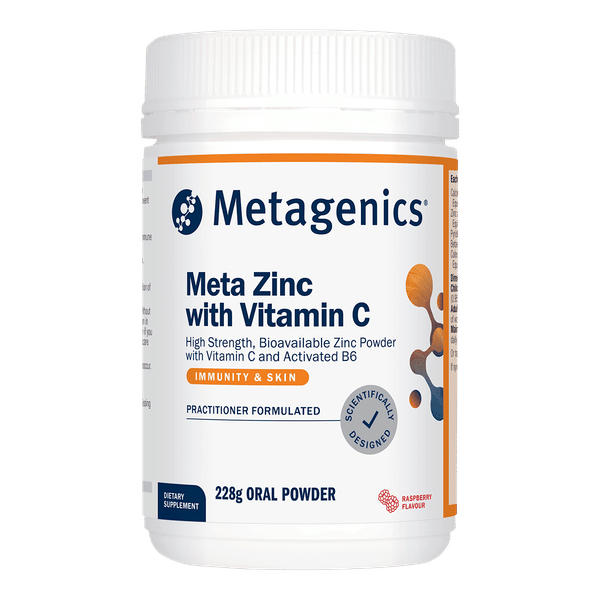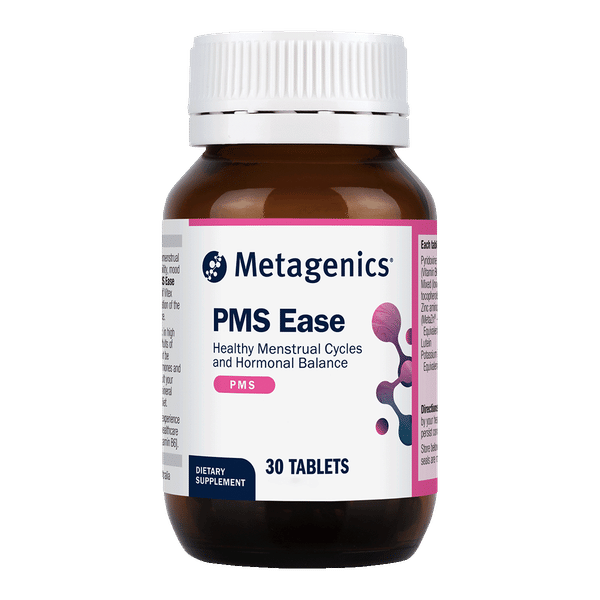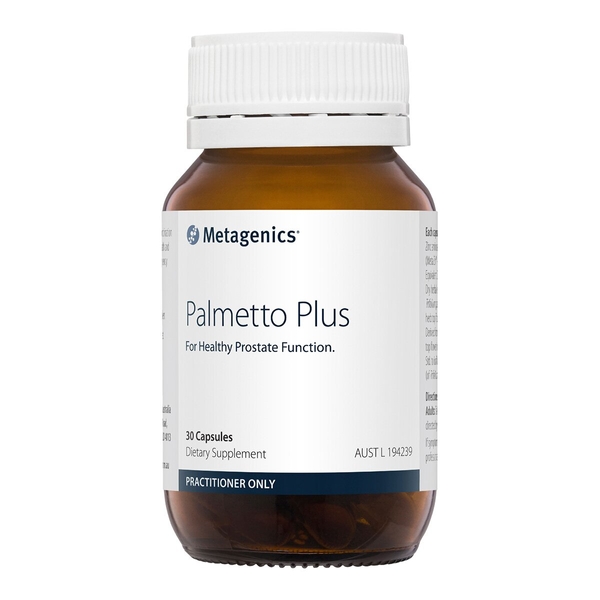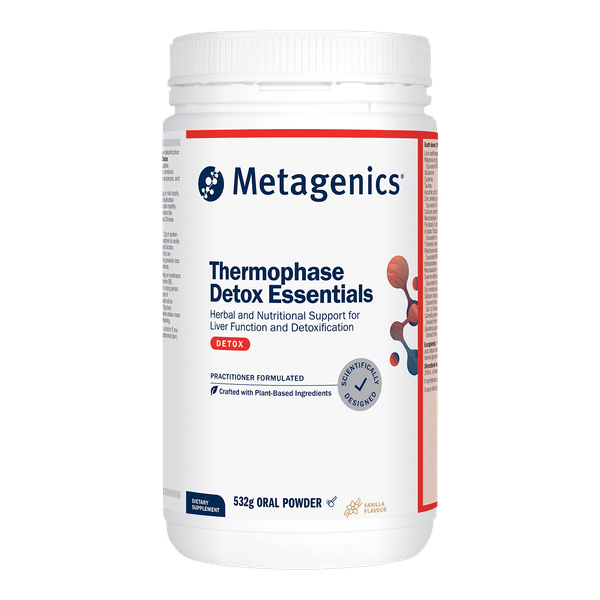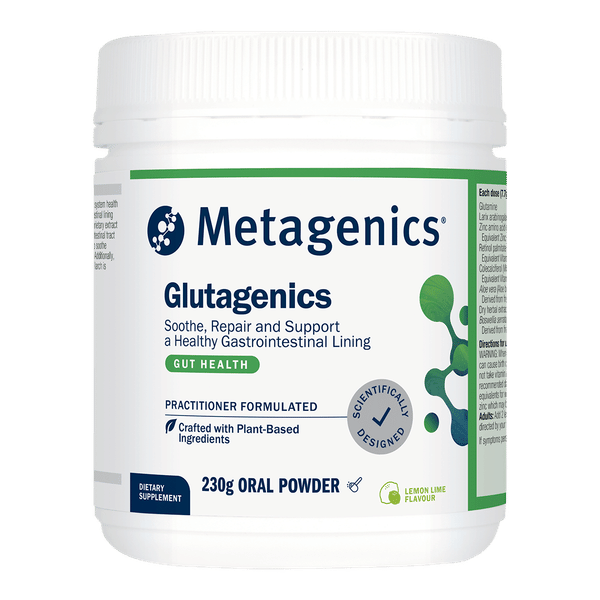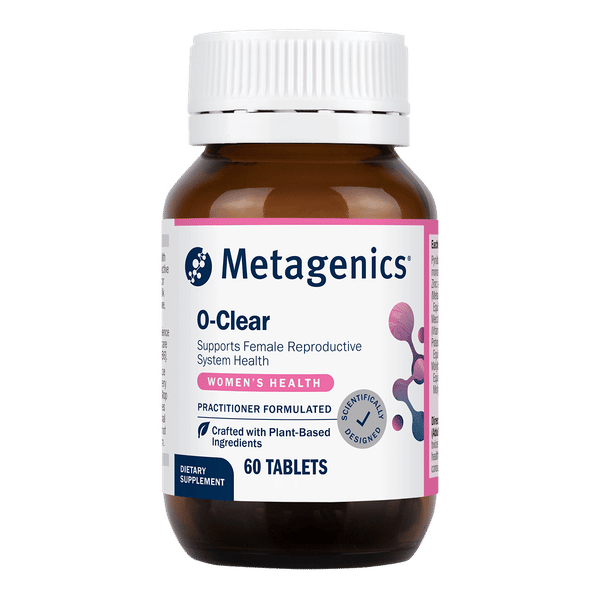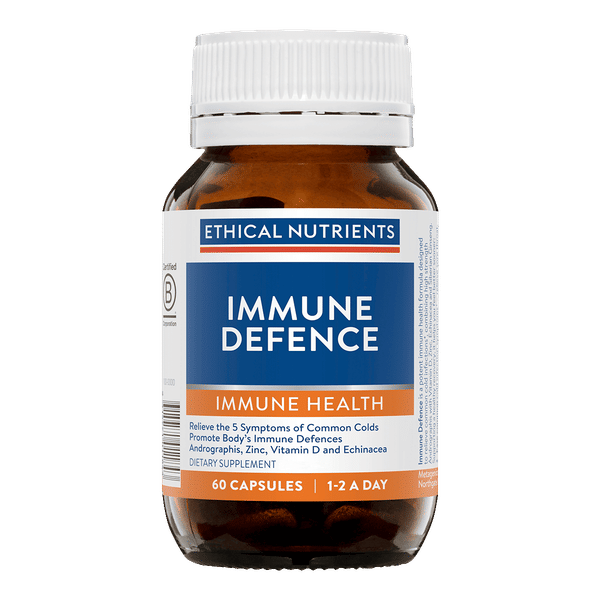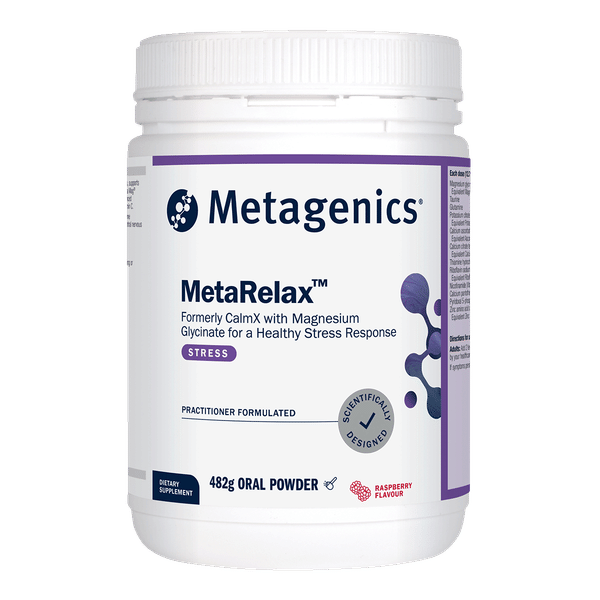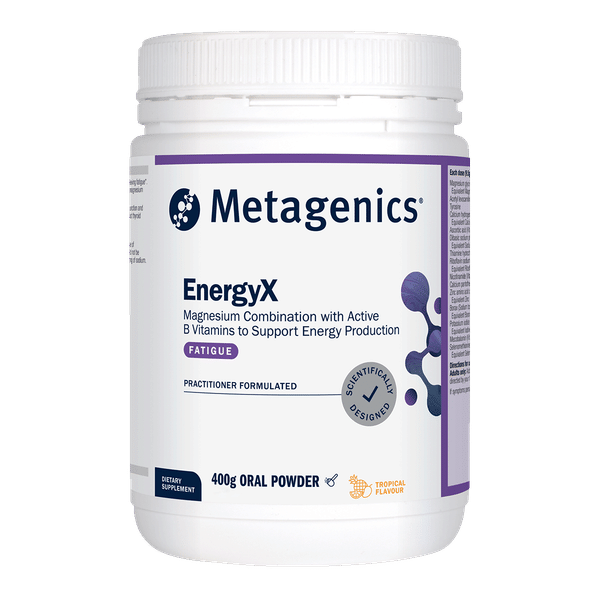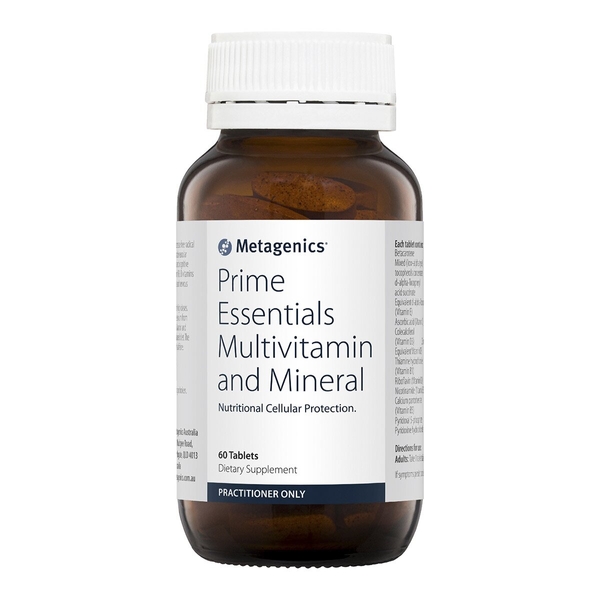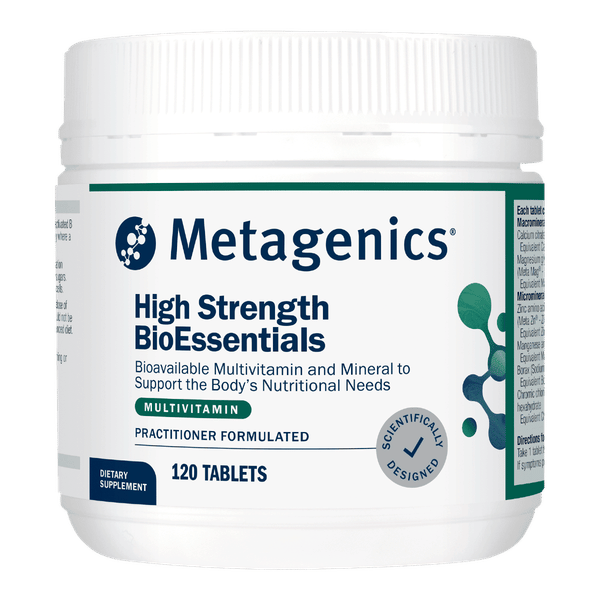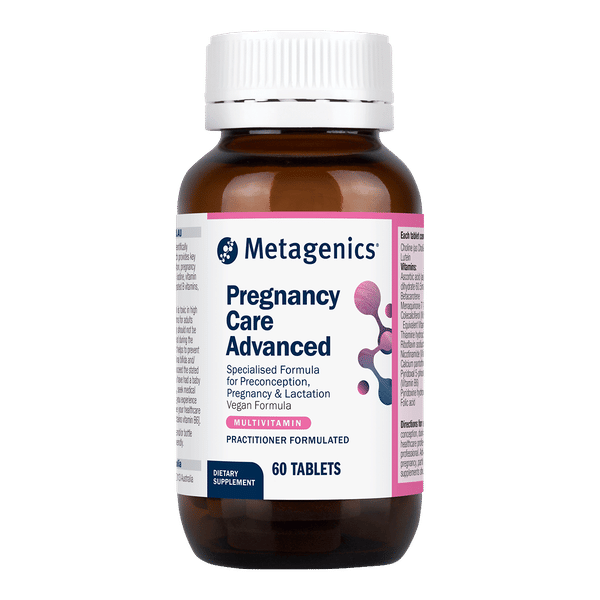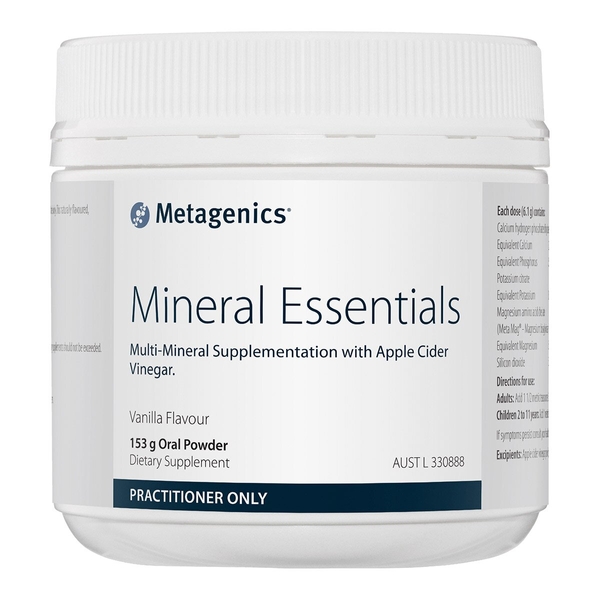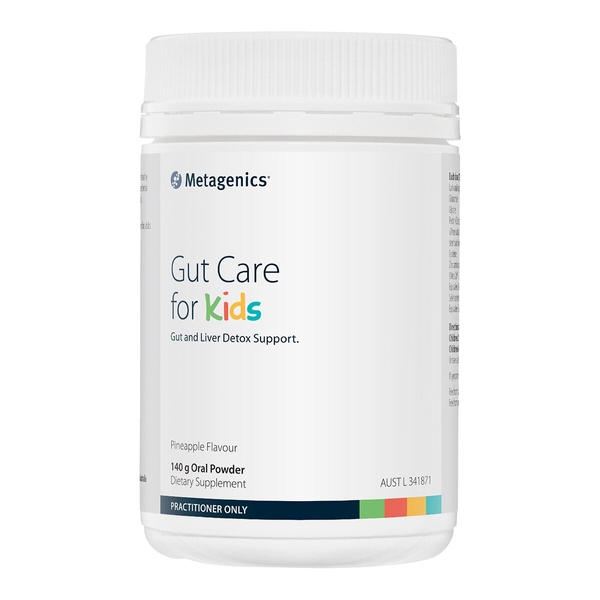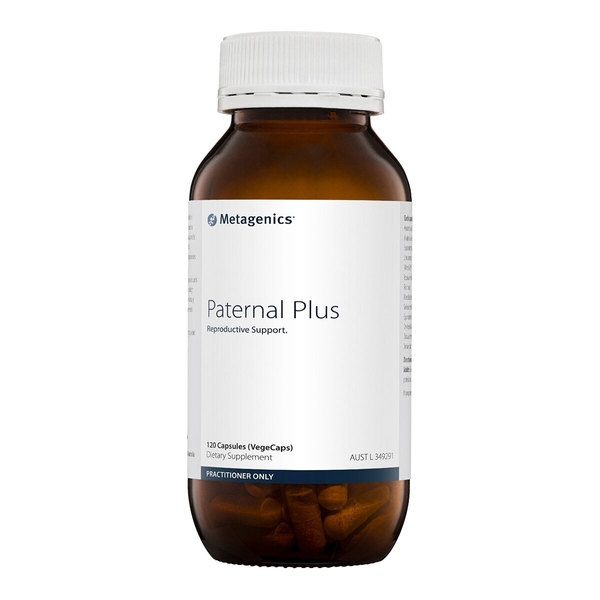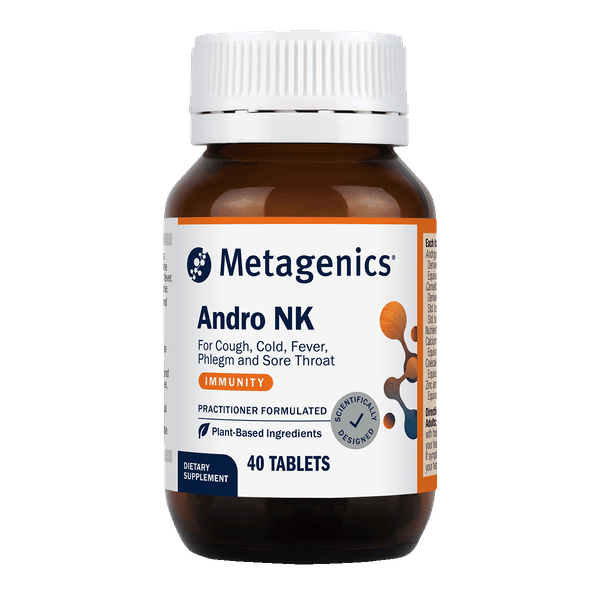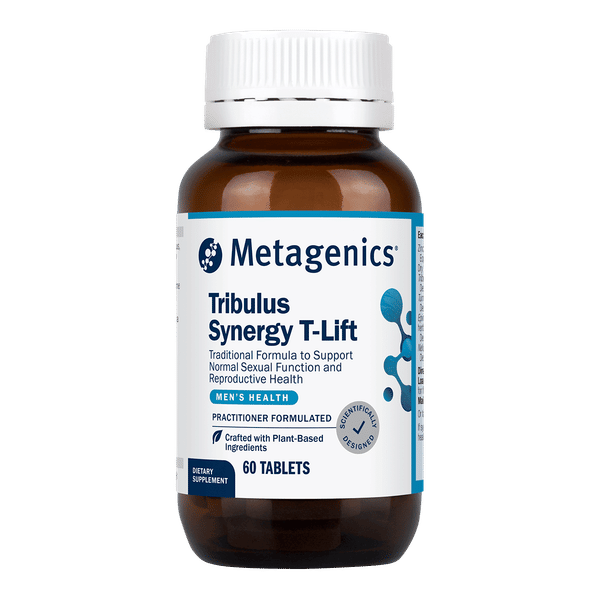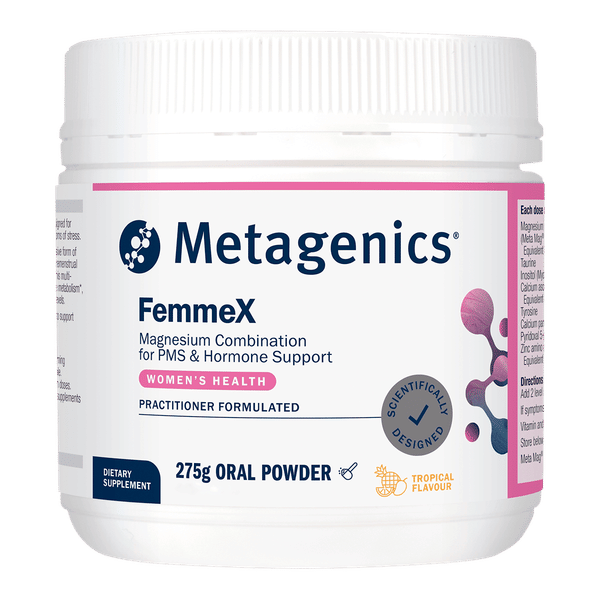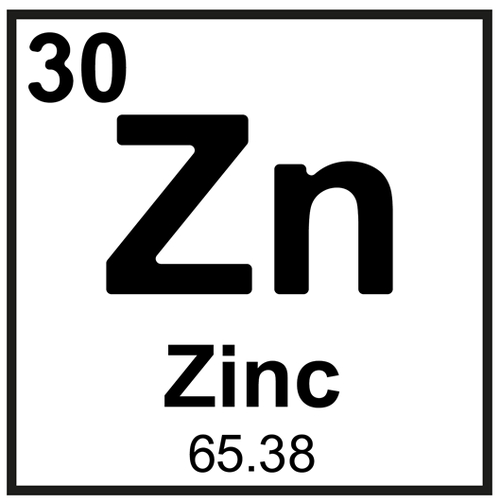
Background
Zinc is found throughout the body. The body doesn't store excess zinc, so it must be obtained from the diet. It's needed for immune function, wound healing, blood clotting, thyroid function, and much more. It also plays a key role in maintaining vision and might have effects against viruses.
People commonly use zinc for zinc deficiency, diarrhea, and Wilson disease. Zinc is also used for acne, diabetes, anorexia, burns, and many other purposes. There is some scientific evidence to support its use for some of these conditions. But for most, there is no good scientific evidence to support its use. There is also no good evidence to support using zinc for COVID-19.
Safety Safety definitions
When applied to the skin: Zinc is likely safe. Using zinc on broken skin may cause burning, stinging, itching, and tingling.
When inhaled: Zinc is possibly unsafe when inhaled through the nose. It might cause permanent loss of smell. Avoid using nose sprays containing zinc.
Special Precautions & Warnings:
Pregnancy: Zinc is likely safe when used in the recommended amounts while pregnant. But it is likely unsafe when used in high doses. Those over 18 should not take more than 40 mg of zinc daily, and those 14-18 years old should not take more than 34 mg daily while pregnant.Breast-feeding: Zinc is likely safe when used in the recommended amounts while breast-feeding. But zinc is possibly unsafe when used in high doses. Those over 18 years old should not take more than 40 mg of zinc daily, and those 14-18 years old should not take more than 34 mg daily while breast-feeding.
Children: Zinc is likely safe when taken by mouth appropriately in recommended amounts. Daily doses of zinc should not exceed 4 mg daily in infants 0-6 months old, 5 mg daily in infants 7-12 months old, 7 mg daily in children 1-3 years old, 12 mg daily in children 4-8 years old, 23 mg daily in children 9-13 years old, and 34 mg daily in those 14-18 years old. In infants, it is possibly unsafe to apply topical zinc to broken skin. The zinc can be absorbed through the breaks in the skin and cause serious adverse effects.
Alcohol use disorder: Long-term, excessive alcohol use may reduce the body's ability to absorb zinc.
Surgery for weight-loss (bariatric surgery): Bariatric surgery reduces the absorption of zinc and might increase the risk for zinc deficiency. Zinc levels may need to be monitored.
Copper deficiency: Taking excess zinc can lead to copper deficiency. People with pre-existing copper deficiency or risk factors for copper deficiency such as malnutrition or gastrointestinal surgery may be at higher risk.
Kidney disease: Low intake of zinc in the diet might increase the risk of getting kidney disease. Also, people with kidney disease who are on hemodialysis are at risk for zinc deficiency and might require zinc supplements.
Vegetarianism: Vegetarian diets are often linked with lower zinc absorption. But the body adapts over time. It becomes better at absorbing zinc and reducing zinc loss.
Effectiveness
- Zinc deficiency. Taking zinc by mouth or giving zinc by IV helps to restore zinc levels in people who are zinc deficient. But taking zinc supplements regularly isn't recommended. IV products can only be given by a healthcare provider.
- Diarrhea. Taking zinc by mouth reduces the duration and severity of diarrhea in children who are undernourished. Zinc 20 mg daily is the most common dose used. But doses of 5-10 mg also seem to work and cause less vomiting.
- An inherited disorder that causes copper to build up in many organs (Wilson disease). Taking zinc by mouth improves symptoms of this condition. Zinc blocks how much copper is absorbed and increases how much copper the body releases.
- Acne. Taking zinc by mouth seems to help treat acne. But it's unclear how zinc compares to acne medications such as tetracycline or minocycline. Applying zinc to the skin alone in an ointment doesn't seem to help.
- A disorder of zinc deficiency (acrodermatitis enteropathica). Taking zinc by mouth seems to help improve symptoms of this condition.
- An eye disease that leads to vision loss in older adults (age-related macular degeneration or AMD). Taking zinc by mouth, especially with antioxidant vitamins, might help slow vision loss and prevent age-related vision loss from becoming advanced in people at high risk.
- Attention deficit-hyperactivity disorder (ADHD). In children, taking zinc by mouth along with medicine for ADHD might help reduce certain ADHD symptoms.
- Child growth. Taking zinc by mouth during pregnancy seems to help improve the growth of the infant during the first year of life. In children, taking zinc by mouth might modestly improve growth.
- Common cold. Sucking on lozenges containing zinc gluconate or zinc acetate helps shorten the length of a cold in adults. But it's not clear if zinc helps to prevent colds.
- Coronavirus disease 2019 (COVID-19). Taking zinc by mouth or giving zinc by IV might lower the chance of death in people admitted to the hospital for COVID-19. But taking zinc by mouth doesn't seem to speed up recovery from COVID-19 in people who haven't been admitted to the hospital.
- Depression. Taking zinc by mouth along with antidepressants seems to improve depression. It might also help in people who don't respond to treatment with antidepressants alone.
- Diabetes. Taking zinc by mouth might help to improve blood sugar control by a small amount in people with diabetes.
- Diaper rash. Giving zinc gluconate by mouth to infants seems to help heal diaper rash. Applying zinc oxide paste also seems to help. But it doesn't seem to work as well as applying 2% eosin solution.
- A mild form of gum disease (gingivitis). Using toothpastes containing zinc, with or without an antibacterial agent, seems to help prevent gingivitis.
- Bad breath. Chewing gum, sucking on a candy, or using a mouth rinse containing zinc reduces bad breath.
- Cold sores (herpes labialis). Applying zinc sulfate or zinc oxide to the skin, alone or with other ingredients, seems to reduce the duration and severity of cold sores.
- Reduced ability to taste (hypogeusia). Taking zinc by mouth improves the ability to taste foods in most people who have this condition.
- Skin infection caused by Leishmania parasites (Leishmania lesions). Taking zinc sulfate by mouth or injecting as a solution into lesions helps heal lesions in people with this condition. But it doesn't seem to work as well as conventional treatments. Injections should only be given by a healthcare provider.
- Leprosy. Taking zinc by mouth in combination with anti-leprosy drugs seems to help treat leprosy.
- Infants born weighing less than 2500 grams (5 pounds, 8 ounces). Giving oral zinc to these infants seems to help increase weight and height. But taking zinc while pregnant does not seem to help increase infant weight at birth.
- Stomach ulcers. Taking zinc acexamate by mouth seems to help treat and prevent stomach ulcers.
- Pneumonia. Taking zinc by mouth might help prevent pneumonia in some children. But it doesn't seem to help children who already have pneumonia.
- Growth and development in premature infants. Giving oral zinc to these infants seems to help increase weight and height.
- Bed sores (pressure ulcers). Applying zinc paste to the skin appears to help heal bed sores. Taking zinc by mouth along with vitamin C and arginine might also help.
- Sickle cell disease. Taking zinc by mouth seems to help reduce symptoms of sickle cell disease in people with zinc deficiency.
- Warts. Applying a zinc ointment appears to be as effective as conventional treatments for curing warts. Taking zinc sulfate by mouth also appears to help.
- Malaria. Taking zinc by mouth does not help prevent or treat malaria in undernourished children in developing countries or pregnant adults.
- Patchy hair loss (alopecia areata). Taking zinc by mouth doesn't seem to help with hair loss.
- Cystic fibrosis. Taking zinc by mouth doesn't improve lung function in children or adolescents with cystic fibrosis.
- HIV/AIDS. Taking zinc by mouth doesn't improve immune function or reduce the risk of death in people with HIV.
- Pregnancy complications in people with HIV/AIDS. Taking zinc by mouth during pregnancy does not appear to reduce the risk of transmitting HIV to the infant or prevent other complications.
- Involuntary weight loss in people with HIV/AIDS. Taking zinc by mouth does not appear to prevent diarrhea or death in people with this condition.
- Infant development. Giving zinc by mouth to infants or children at risk for having low levels of zinc doesn't seem to improve development. But taking zinc by mouth during pregnancy might increase the growth of the child during the first year of life.
- Long-term swelling (inflammation) in the digestive tract (inflammatory bowel disease or IBD). Taking zinc by mouth does not seem to help treat IBD.
- Flu (influenza). Taking zinc by mouth doesn't seem to improve immune function against the flu.
- Ear infection (otitis media). Taking zinc by mouth doesn't seem to prevent ear infections in children.
- A pregnancy complication marked by high blood pressure and protein in the urine (pre-eclampsia). Taking zinc does not seem to reduce the risk of high blood pressure in pregnancy.
- Prostate cancer. Taking zinc by mouth does not seem to reduce the risk of getting prostate cancer.
- Scaly, itchy skin (psoriasis). Taking zinc by mouth does not seem to help treat psoriasis.
- Rheumatoid arthritis (RA). Taking zinc by mouth does not seem to help treat rheumatoid arthritis.
- Sexual problems that prevent satisfaction during sexual activity. Taking zinc by mouth does not improve sexual function in males with sexual dysfunction related to kidney disease.
- Ringing in the ears (tinnitus). Taking zinc by mouth does not seem to help treat ringing in the ears.
Dosing & administration
Zinc is also available in supplements, lotions, gels, ointments, mouth rinses, and many other products. Speak with a healthcare provider to find out what type of product and dose might be best for a specific condition.
Interactions with pharmaceuticals
Amiloride (Midamor)
Interaction Rating=Minor Be watchful with this combination.
Amiloride can increase the amount of zinc in the body. Taking zinc supplements with amiloride might increase zinc levels. But this isn't likely to be a big concern for most people.
Antibiotics (Quinolone antibiotics)
Interaction Rating=Moderate Be cautious with this combination.
Zinc might decrease how much antibiotic the body absorbs from the gut. Taking zinc along with quinolone antibiotics might decrease the effects of these antibiotics. To avoid this interaction, take antibiotics at least 2 hours before or 4-6 hours after zinc supplements.
Antibiotics (Tetracycline antibiotics)
Interaction Rating=Moderate Be cautious with this combination.
Zinc can decrease the amount of tetracyclines the body absorbs. Taking zinc with tetracyclines might decrease the effects of tetracyclines. To avoid this interaction, take tetracyclines 2 hours before or 4-6 hours after taking zinc supplements.
Atazanavir (Reyataz)
Interaction Rating=Minor Be watchful with this combination.
Atazanavir is a drug used for HIV infection. Zinc decreases how much atazanavir the body absorbs. But the body still absorbs enough atazanavir for it to work for treating HIV. So this interaction is probably not a big concern.
Cephalexin (Keflex)
Interaction Rating=Moderate Be cautious with this combination.
Zinc can reduce how much cephalexin the body absorbs. This might decrease how well cephalexin works for treating infections. To avoid this interaction, take zinc 3 hours after taking cephalexin.
Cisplatin (Platinol-AQ)
Interaction Rating=Moderate Be cautious with this combination.
Cisplatin is used to treat cancer. Taking zinc along with cisplatin might inactivate cisplatin therapy. But it's not clear if this is a big concern.
Medications for HIV/AIDS (Integrase inhibitors)
Interaction Rating=Moderate Be cautious with this combination.
Taking zinc along with integrase inhibitors might decrease blood levels of integrase inhibitors. This might decrease the effects of these medications. Talk to your healthcare provider if you are using integrase inhibitors and want to start taking zinc.
Penicillamine (Cuprimine, Depen)
Interaction Rating=Moderate Be cautious with this combination.
Zinc might decrease how much penicillamine the body absorbs. Taking zinc with penicillamine might decrease the effects of penicillamine. Take zinc and penicillamine at least 2 hours apart.
Ritonavir (Norvir)
Interaction Rating=Moderate Be cautious with this combination.
Ritonavir is a drug used for HIV infection. Zinc can reduce how much ritonavir the body absorbs. But it isn't clear if this is a big concern.
Interactions with herbs & supplements
Bromelain: Zinc might reduce the effects of bromelain. But this isn't likely to be a big concern.
Calcium: Calcium supplements might decrease how much zinc the body absorbs from food. This usually doesn't seem to be much of a problem. But this interaction can be avoided by taking calcium supplements at bedtime instead of with meals.
Chromium: Taking chromium and zinc together can reduce the absorption of both chromium and zinc. This is probably not a big concern with usual doses of zinc and chromium.
Coffee: Taking zinc with coffee can reduce how much zinc the body absorbs.
Copper: Large amounts of zinc can reduce copper absorption. Taking zinc in high doses can cause copper deficiency and anemia. Some signs of copper deficiency have also occurred in people taking zinc in doses of 150 mg daily or more for 2 years.
EDTA: EDTA is a chemical compound that is given to people to remove excess metals from the body, especially lead. Repeated high doses of EDTA, as used in chelation treatment, can reduce blood zinc levels by up to 40%. People receiving chelation therapy should be monitored for zinc deficiency.
Folic acid: Folic acid supplements can change the absorption of zinc from food. But normal supplemental doses of folic acid are not likely to affect zinc levels in people with adequate dietary zinc intake.
IP-6 (Phytic acid): Phytic acid found naturally in foods can bind zinc and reduce how much is absorbed by the body. Avoid IP-6 supplements, which contain phytic acid, if you have other risk factors for zinc deficiency.
Iron: Iron and zinc can interfere with each other's absorption. To avoid this effect, take these supplements with food.
Magnesium: High doses of zinc supplements (142 mg/day), or high zinc intake from foods (53mg/day), seems to decrease magnesium levels. But it isn't clear if this is a big concern.
Manganese: Research suggests zinc supplements can increase the amount of manganese absorbed from supplements.
Riboflavin (Vitamin B2): Research suggests riboflavin can improve zinc absorption. The importance of this isn't known.
Vitamin A: Zinc supplements can increase blood levels of vitamin A. Zinc might increase the effects and side effects of vitamin A.
Vitamin D: Vitamin D is involved in zinc absorption, but it's not clear whether vitamin D improves zinc absorption.
Interactions with foods
Eating foods containing fiber and phytates, which are chemicals found in grains such as maize, corn, and sorghum, can also reduce how much zinc the body absorbs. But the body usually adapts over time. Eating animal protein can increase zinc absorption, while plant proteins such as soy might reduce absorption.
Products
View all products- Zinc bisglycinate (Zinc amino acid chelate) 125 mg equiv. zinc 25 mg
- Vitex agnus-castus ext. 44 mg
- Withania somnifera ext. 180 mg
- Zingiber officinale ext. 25 mg
- Pyridoxine hydrochloride (Vitamin B6) 50 mg equiv. pyridoxine 41.14 mg
- Tocopherols concentrate - mixed (low-alpha type) 50 mg
- Lutein 5 mg
- Potassium iodide 196 μg equiv. iodine 150 μg
- Selenomethionine 250 μg equiv. selenium 100 μg
- Zinc bisglycinate (Zinc amino acid chelate) 75 mg equiv. zinc 15 mg
- Silybum marianum ext. 86 mg
- Camellia sinensis ext. 208 mg
- Larix occidentalis (arabinogalactan) (Larch) 1 g
- L-glutamine 1.5 g
- L-cysteine 50 mg
- Taurine 350 mg
- Ascorbic acid (Vitamin C) 250 mg
- Calcium pantothenate (Vitamin B5) 55 mg
- Pyridoxine hydrochloride (Vitamin B6) 50 mg equiv. pyridoxine 31.92 mg
- d-alpha-Tocopheryl acid succinate 32 mg equiv. vitamin E 25 mg
- Nicotinamide (Vitamin B3) 50 mg
- Thiamine hydrochloride (Vitamin B1) 25 mg
- Riboflavin 5-phosphate sodium (Activated B2) 14 mg equiv. riboflavin 10 mg
- Dunaliella salina cell powder (Green micro-algae) 108 mg equiv. beta-carotene 2.7 mg
- Co-methylcobalamin (Vitamin B12) 200 μg
- Selenomethionine 186 μg equiv. selenium 75 μg
- Gardenia jasminoides ext. 150 mg
- Magnesium bisglycinate 1 g equiv. magnesium 100 mg
- Zinc bisglycinate (Zinc amino acid chelate) 60 mg equiv. zinc 12 mg
- Silybum marianum ext. 43 mg
- Glycine max ext. 144 mg
- Rosmarinus officinalis ext. 100 mg
- Pyridoxal 5-phosphate monohydrate (P5P) 39 mg equiv. pyridoxine 24.88 mg
- Cyanocobalamin (Vitamin B12) 250 μg
- Potassium iodide 131 μg equiv. iodine 100 μg
- Molybdenum trioxide 94 μg equiv. molybdenum 62.5 μg
- Curcuma longa ext. 60 mg
- Zinc bisglycinate (Zinc amino acid chelate) 50 mg equiv. zinc 10 mg
- Magnesium bisglycinate 3.5 g equiv. magnesium 350 mg
- Taurine 3 g
- Potassium citrate 275 mg equiv. potassium 100 mg
- L-glutamine 2 g
- Calcium ascorbate dihydrate (Vitamin C) 605 mg equiv. ascorbic acid 500 mg
- Thiamine hydrochloride (Vitamin B1) 25 mg
- Riboflavin 5-phosphate sodium (Activated B2) 34 mg equiv. riboflavin 25 mg
- Nicotinamide (Vitamin B3) 25 mg
- Calcium pantothenate (Vitamin B5) 25 mg
- Pyridoxal 5-phosphate monohydrate (P5P) 25 mg equiv. pyridoxine 16 mg
- Calcium citrate tetrahydrate 711 mg equiv. calcium 150 mg
- Zinc bisglycinate (Zinc amino acid chelate) 50 mg equiv. zinc 10 mg
- Nicotinamide (Vitamin B3) 25 mg
- Calcium pantothenate (Vitamin B5) 50 mg
- Co-methylcobalamin (Vitamin B12) 200 μg
- Magnesium bisglycinate 2 g equiv. magnesium 200 mg
- Thiamine hydrochloride (Vitamin B1) 25 mg
- Riboflavin 5-phosphate sodium (Activated B2) 25 mg equiv. riboflavin 18 mg
- Calcium hydrogen phosphate dihydrate 2.1 g equiv. calcium 500 mg
- Acetyl levocarnitine hydrochloride (Acetyl-L-carnitine) 1.2 g
- L-tyrosine 1 g
- Ascorbic acid (Vitamin C) 500 mg
- Sodium phosphate dibasic anhydrous 250 mg equiv. sodium 81 mg
- Borax 13 mg equiv. boron 1.5 mg
- Potassium iodide 98 μg equiv. iodine 75 μg
- Selenomethionine 62.5 μg equiv. selenium 25 μg
- Zinc bisglycinate (Zinc amino acid chelate) 50 mg equiv. zinc 10 mg
- Tocopherols concentrate - mixed (low-alpha type) 12 mg
- d-alpha-Tocopheryl acid succinate 123 mg equiv. vitamin E 149 IU
- Ascorbic acid (Vitamin C) 100 mg
- Cholecalciferol 25 μg equiv. vitamin D3 1000 IU
- Co-methylcobalamin (Vitamin B12) 400 μg
- Vitis vinifera ext. 158 mg
- Camellia sinensis ext. 120 mg
- Beta-carotene carotenoids (Vitamin A) 6 mg
- Thiamine hydrochloride (Vitamin B1) 50 mg
- Riboflavin (Vitamin B2) 20 mg
- Nicotinamide (Vitamin B3) 100 mg
- Calcium pantothenate (Vitamin B5) 50 mg
- Pyridoxal 5-phosphate (P5P) 5 mg
- Pyridoxine hydrochloride (Vitamin B6) 30 mg
- Calcium folinate (Activated folate) 433 μg equiv. folinic acid 400 μg
- Biotin 50 μg
- Borax 26 mg equiv. boron 3 mg
- Manganese amino acid chelate 16 mg equiv. manganese 2.5 mg
- Chromic chloride 769 μg equiv. chromium 150 μg
- Molybdenum trioxide 188 μg equiv. molybdenum 125 μg
- Selenomethionine 188 μg equiv. selenium 75 μg
- Potassium iodide 131 μg equiv. iodine 100 μg
- Zinc bisglycinate (Zinc amino acid chelate) 50 mg equiv. zinc 10 mg
- Levomefolate calcium (Activated folate) 216 μg equiv. levomefolic acid 200 μg
- Co-methylcobalamin (Vitamin B12) 250 μg
- Calcium citrate tetrahydrate 610 mg equiv. calcium 125 mg
- Manganese amino acid chelate 17 mg equiv. manganese 2.75 mg
- Borax 13 mg equiv. boron 1.5 mg
- Chromium chloride hexahydrate 513 μg equiv. chromium 100 μg
- Potassium iodide 98 μg equiv. iodine 75 μg
- Selenomethionine 93 μg equiv. selenium 37.5 μg
- Calcium ascorbate dihydrate (Vitamin C) 153 mg equiv. ascorbic acid 125 mg
- d-alpha-Tocopheryl acid succinate 16 mg equiv. vitamin E 12.5 mg
- Beta-carotene carotenoids (Vitamin A) 2 mg
- Phytomenadione (Vitamin K1) 8.75 μg
- Calcium pantothenate (Vitamin B5) 37.5 mg
- Thiamine hydrochloride (Vitamin B1) 25 mg
- Riboflavin 5-phosphate sodium (Activated B2) 25 mg
- Nicotinamide (Vitamin B3) 25 mg
- Pyridoxal 5-phosphate monohydrate (P5P) 25 mg
- Biotin 50 μg
- Magnesium bisglycinate 525 mg equiv. magnesium 52.5 mg
- Iron bisglycinate 12.5 mg equiv. iron 2.5 mg
- Zinc bisglycinate (Zinc amino acid chelate) 50 mg equiv. zinc 10 mg
- Levomefolate glucosamine (Activated folate) 89 µg equiv. levomefolic acid 50 µg
- Co-methylcobalamin (Vitamin B12) 250 µg
- Potassium iodide 195.6 µg equiv. iodine 149.5 µg
- Iron bisglycinate 60 mg equiv. iron 12 mg
- Choline bitartrate 168 mg equiv. choline 69 mg
- Lutein 1 mg
- Calcium ascorbate dihydrate (Vitamin C) 60.5 mg equiv. ascorbic acid 50 mg
- Beta-carotene carotenoids (Vitamin A) 3 mg
- Menaquinone 7 (Vitamin K2) 15 µg
- Cholecalciferol 12.5 µg equiv. vitamin D3 500 IU
- Thiamine hydrochloride (Vitamin B1) 12.5 mg
- Riboflavin 5-phosphate sodium (Activated B2) 12.5 mg
- Nicotinamide (Vitamin B3) 15 mg
- Calcium pantothenate (Vitamin B5) 12.5 mg
- Pyridoxal 5-phosphate monohydrate (P5P) 12.5 mg equiv. pyridoxine 7.98 mg
- Pyridoxine hydrochloride (Vitamin B6) 12.5 mg equiv. pyridoxine 10.3 mg
- Folic acid 200 µg
- Biotin 35 µg
- Manganese amino acid chelate 8 mg equiv. manganese 1.3 mg
- Chromium nicotinate 250 µg equiv. chromium 25 µg
- Molybdenum trioxide 37.5 µg equiv. molybdenum 25 µg
- Selenomethionine 62.5 µg equiv. selenium 25 µg
- Zinc bisglycinate (Zinc amino acid chelate) 50 mg equiv. zinc 10 mg
- Calcium hydrogen phosphate dihydrate 1.4 g equiv. calcium 325 mg equiv. phosphorus 251 mg
- Potassium citrate 415 mg equiv. potassium 150 mg
- Selenomethionine 250 µg equiv. selenium 100 µg
- Magnesium bisglycinate 1.5 g equiv. magnesium 150 mg
- Silicon dioxide 50 mg
- Manganese amino acid chelate 31 mg equiv. manganese 5 mg
- Borax 8.8 mg equiv. boron 1 mg
- Potassium iodide 196 µg equiv. iodine 150 µg
- Molybdenum trioxide 180 µg equiv. molybdenum 120 µg
- Chromium nicotinate 500 µg equiv. chromium 50 µg
- Iron bisglycinate 50 mg equiv. iron 10 mg
- Zinc bisglycinate (Zinc amino acid chelate) 40 mg equiv. zinc 8 mg
- Silybum marianum ext. 29 mg
- L-glutamine 1 g
- Citrus pectin 500 mg
- Larix occidentalis (arabinogalactan) (Larch) 2 g
- Ulmus rubra powder 500 mg
- Glycyrrhiza glabra deglycyrrhizinised ext. 238 mg
- L-glycine 500 mg
- Althaea officinalis ext. 75 mg
- L-cysteine 200 mg
- Selenomethionine 125 μg equiv. selenium 50 μg
- Curcuma longa ext. 100 mg
- Zinc bisglycinate (Zinc amino acid chelate) 30 mg equiv. zinc 6 mg
- Magnesium bisglycinate 3 g equiv. magnesium 300 mg
- Taurine 1.5 g
- Myo-inositol 1 g
- Calcium ascorbate dihydrate (Vitamin C) 605 mg equiv. ascorbic acid 500 mg
- L-tyrosine 250 mg
- Calcium pantothenate (Vitamin B5) 50 mg
- Pyridoxine hydrochloride (Vitamin B6) 25 mg equiv. pyridoxine 15.97 mg
- Chromic chloride hexahydrate 513 μg equiv. chromium 100 μg
- Mecobalamin (Vitamin B12) 200 μg
- Levomefolate calcium (Activated folate) 216 μg equiv. levomefolic acid 200 μg
- Potassium iodide 98 μg equiv. iodine 75 μg
- Selenomethionine 62.5 μg equiv. selenium 25 μg

